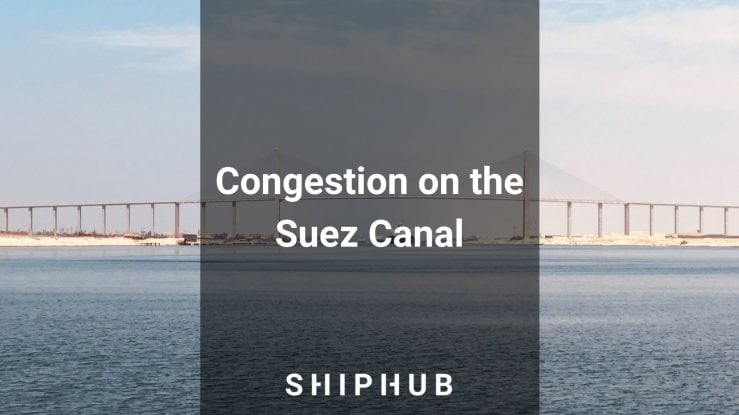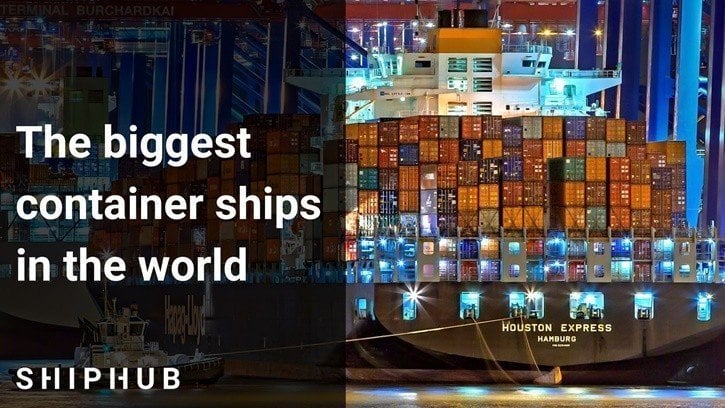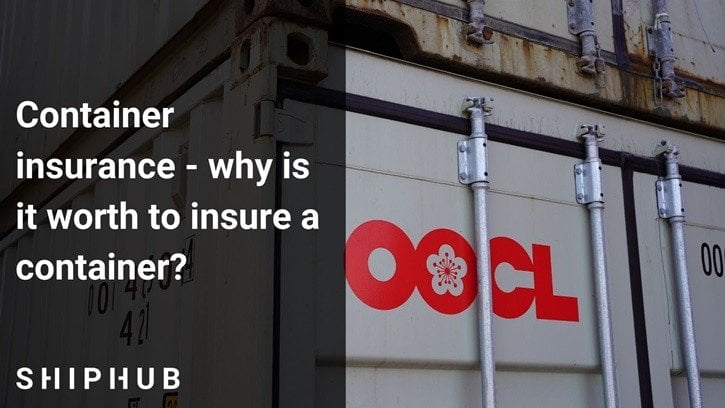Major shipping operators have suspended their container shipping through the Suez Canal following multiple rocket attacks by Yemen’s Houthi movement on vessels in the Red Sea. The increased attacks are meant as a protest against the outbreak of war in the Gaza Strip. The Houthis have no intention of ceasing their attacks until Israel halts its offensives.
Paralysis of the Red Sea
More than twenty attacks involving ships have already been reported, most of which occurred in the Bab al-Mandab Strait, the border between the Arabian Peninsula and Africa. Container ships Maersk Gibraltar, Al Jasrah, Hapag-Lloyd, and MSC Palatium III, among others, have been under fire.
In response to the attacks, the Mediterranean Shipping Company, Maersk, CMA CGM, and Hapag-Lloyd made the decision to redirect container ships from the route through the Suez Canal. This means about 70% of container traffic on the Suez Canal has been suspended.

An alternative route for container ships bypassing the Suez Canal
Due to the high level of security risks on the Suez Canal, shipowners are forced to choose an alternative route for their vessels. According to the statements of all four companies, their container ships will take a longer but safer route around the Cape of Good Hope. The new route could take up to 40% longer to cover than the Suez Canal. The situation is bound to cause delays in cargo deliveries, which both shipowners and importers must be prepared for.
Here is a comparison of the length of the route through the Suez Canal versus around the Cape of Good Hope as an example.


MSC has stated that the delays will only last a few days. In reality, however, they may be as long as around ten days and steadily increasing.
Consequences of the Suez Canal blockade
The Suez Canal is a strategic waterway connecting the Mediterranean Sea to the Red Sea, playing a key role in global maritime transportation. Its location allows shipping routes to be shortened by thousands of kilometers compared to alternative routes, resulting in significant time and transportation cost savings. The Suez Canal handles about 12% of world trade annually, carrying more than 50 billion tons of cargo.
Therefore, the blockade of the Suez Canal is associated not only with the mentioned delays but also with an increase in the cost of organizing sea transportation. Importers must prepare to compromise on-time delivery and higher freight rates.
Experts report that if the situation continues, it will lead to a serious disruption of supply chains as well as the terminal service system.





